“Is it not crazy to wake up statues?”
|
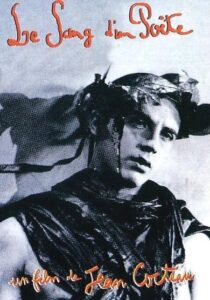
Synopsis:
A poet (Enrico Rivero) experiences increasingly surreal events in his studio and after travelling through a mirror into a hotel.
|
|
Genres, Themes, Actors, and Directors:
- Experimental Films
- French Films
- Jean Cocteau Films
- Silent Films
- Surrealism
Response to Peary’s Review:
Peary describes Jean Cocteau’s “first film” as “four segments, each expressing through a series of puzzling visuals (making use of various camera tricks) the difficulty a poet has in artistically confronting ‘reality’.” He notes that the “journey of [the] poet is [a] weird trip where visual metaphors and symbols are used to emphasize the artist’s break with traditional forms”, given that “statues come to life, people turn into statues, people pass through mirrors, a [girl] flies, [and] abstract images move about the frame”. He adds that while this “classic work has long been admired by Surrealists” and avant-garde filmmakers consider it “required viewing”, “others may have to fight boredom and confusion”. While I’m suitably impressed by some of the uniquely memorable imagery, I’ll admit I fall primarily into the latter category — though it’s short enough at just 50 minutes to not be a chore to get through. I ultimately agree with Peary that while it’s “not for all tastes” it’s “interesting considering who made it and how long ago it was made.”
Redeeming Qualities and Moments:
- Many memorably surreal images
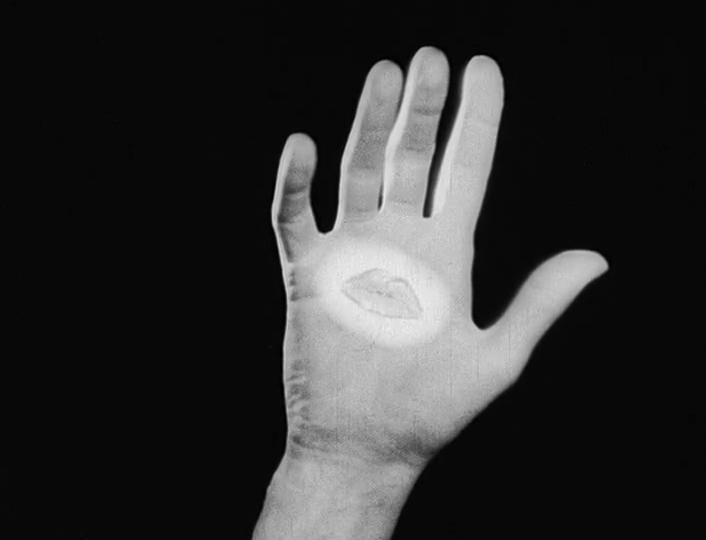

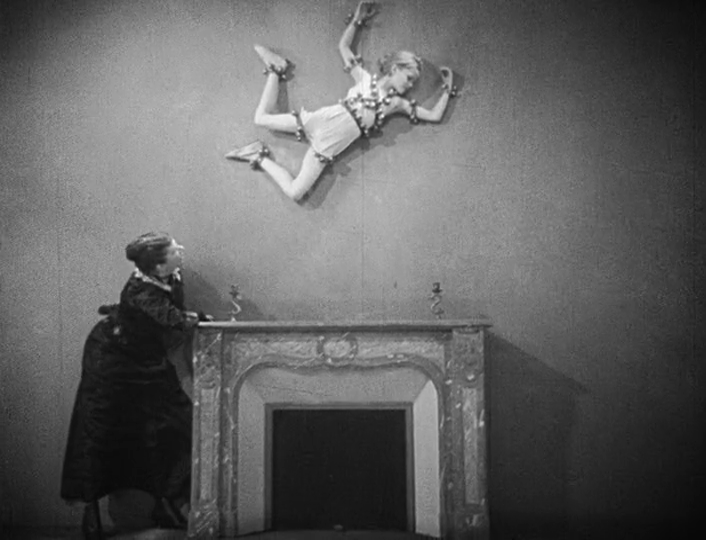
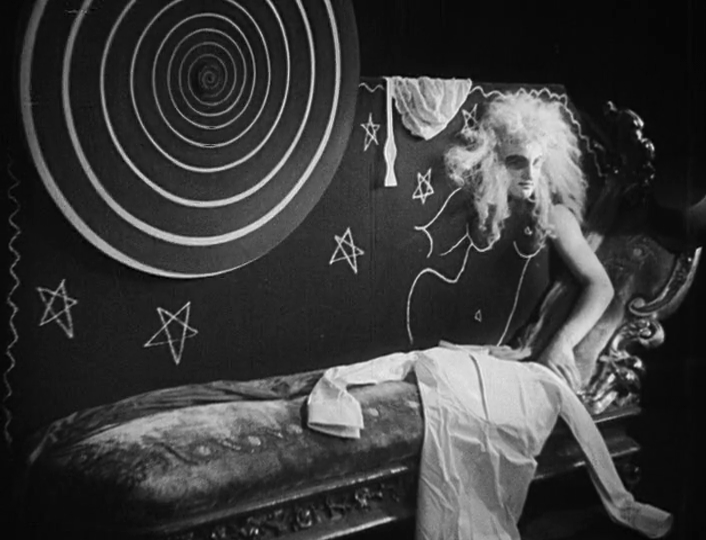
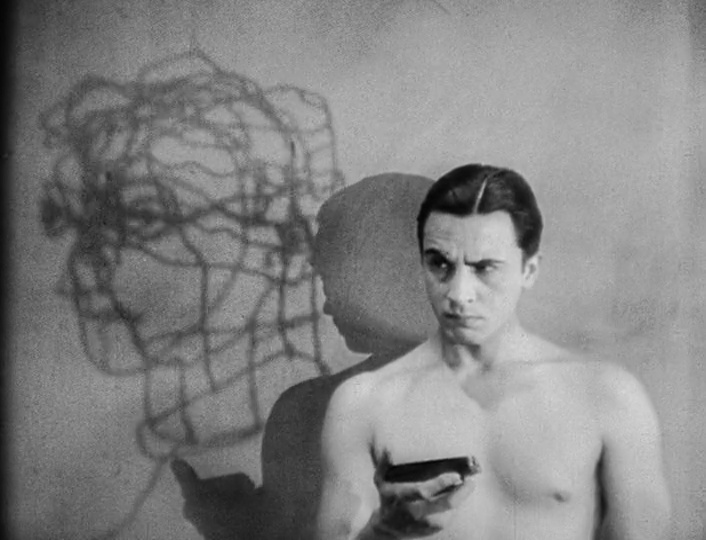
Must See?
No, but it’s certainly worth a one-time look for its historical significance.
Links:
|
One thought on “Blood of a Poet, The/Sang D’Un Poete, Le (1930)”
Not must-see.
Appreciation here is a matter of taste; it could on one level easily be a ‘love it or hate it’ kind of thing and much depends on one’s feelings re: avant-garde cinema of decades past. One can’t resist a “Yes, but what does it all mean?” reaction.
Maybe, if I watched it 20 times, I could concoct a through-line – but that would mean, of course, that I’d have to watch it 20 times (yikes!).
It’s the kind of film that Warhol might have called “brilliant” and it may have influenced David Lynch in his approach to dream-like sequences (though Lynch would lean toward adding on dark humor). It has the overall feel of a dream but its indecipherable logic, occasional stagnant quality and lack of unifying tone can (I think) make it a chore to get through.